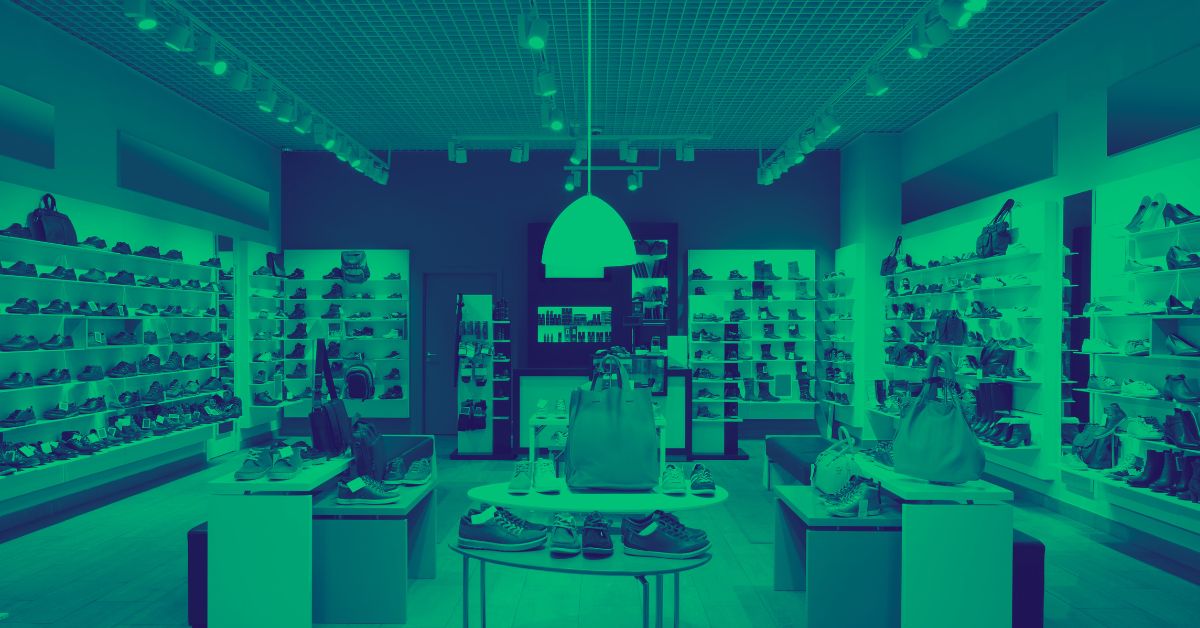20 October, 2021
Planograms have been used by retail companies for almost half a century now and their goal has always been to optimize the demonstration and marketing of product lines, in order to increase in-store sales.
For decades, the merchandising management teams have been designing showcasing strategies, which were then forwarded to the physical stores for implementation. This was – and unfortunately, still is for a substantial part of the retail sector – the standard way of work. Planograms were printed locally on paper and from there all sorts of deficiencies have been arising.
However, the recent technological developments have given new capabilities and an important digital dimension to the retail workflow. Called either automated or digital planograms, these modern-day planograms are usually run through cloud-based platforms and yield numerous tangible and intangible benefits.
Always available and environmentally friendly
Having the planogram stored in a digital format it means that it is available 24/7 for reference. No matter if the printer is out of cartridge, the only printed copy had coffee spilled on, or it is locked in the store manager’s office. And by avoiding the use of paper, the company can both save money and demonstrate its environmental sensitivity.
Everyone’s on the same page, with no room for error
When the latest version of a retail store’s planogram is uploaded to the cloud, it is certain that everyone involved will be working under the exact same guidelines. No e-mail or file update will ever again fall through, as well as inexperienced in-store teams won’t need to take initiatives and decipher illegible diagrams according to their limited knowledge. The expertise of the category and space managers is easy to follow through and can be flawlessly applied at each local store to maximize its sales potential.
Better communication, better results
In the old retail days, the in-store employees responsible for the realization of the promotional strategies had to go back and forth from the shop floor to the main store computer multiple times and spend hours talking on the phone and exchanging e-mails with the central merchandising team, to guarantee correct implementation. Today, since it’s possible to have everything on their interactive HMIs, the gains are two-fold; frustration from repetitive and corrective actions is minimized, while employees can be allocated to more productive tasks, such as spending more time serving customers. Moreover, they can become more involved in the optimization process, by uploading product or floor space photos to the digital platform, so that the central offices can get real-time feedback and advise them accordingly.
Localization beats generalization, every time
In the traditional way of working, planograms were produced under the mentality of “one size fits all”, with little adjustments according to any store-specific information available to the merchandising team. This generalized approach most certainly led to poor space management and inability of the retail company to fulfil the localized trends and needs. Nowadays, every physical store may have its digital twin and the planogram designers can visualize and optimize the customers’ journey, to securely increase each shop floor’s sales volumes.

Digital twins, Retail store optimization
Effective inventory management is the key to success
Visual merchandisers are responsible for placing the right products, at the right spaces, at the right time. Monitoring of the saleability and availability of the stock keeping units (SKUs) is imperative to an effective store operation. Through a digital planogram, non-successful promotional strategy of certain labels can lead to a plan-B pivoting, empty shelves may be automatically replenished and limited stock indication can be configured to trigger new orders from the central warehouses.
You can’t improve what you can’t measure
The gathering and analysis of localized data are also crucial for improving each store’s performance. Quite frequently retail companies have valuable information stored locally or scattered across disconnected systems. However, modern digital platforms can provide the tools for better intelligence management. From which product assortment resulted in greater sales volumes, to which promotional tactics produced better results and what employee allocation allowed for higher productivity, quantitative and qualitative information can be recorded and processed by the digital platform, to identify failure patterns and best practices. This accumulated knowledge can be further applied not only at the store it derived from, but also to other stores with similar characteristics.
Fewer experts on the road, lower labour and transport costs
In the past, retail companies had to periodically sent inspectors on physical stores to guarantee that there would be compliance between planning and in-store reality. The functions of these well-trained employees were a significant, yet impossible to avoid expense. Today, with the possibility of running such audits digitally and in a reliable way, compliance verification costs can be minimized and companies can make better use of those skilled employees.
In conclusion, automated or digital planograms are a reasonable and highly effective investment for any ambitious retail business. Coming usually in the form of subscription-model, cloud-based applications, they can combine easy implementation, an attractive ROI and endless capabilities for each physical store’s performance optimization.
At Yodiwo, by working with high-volume, multi-shop clients, gave us the opportunity to apply, proof-test and further develop our smart retail platform, “Plano360”. Over the past years, by automating their category & space management process, our customers have achieved on average 37% better overall stores efficiency, 50% time saved and 97% planogram compliance.
Should you wish to find out how you can reap the benefits from automating your retail workflow, or how easy it is to implement a complete and reliable visual merchandising solution, our digital planogram experts will be happy to answer your questions over a free consultation call.







